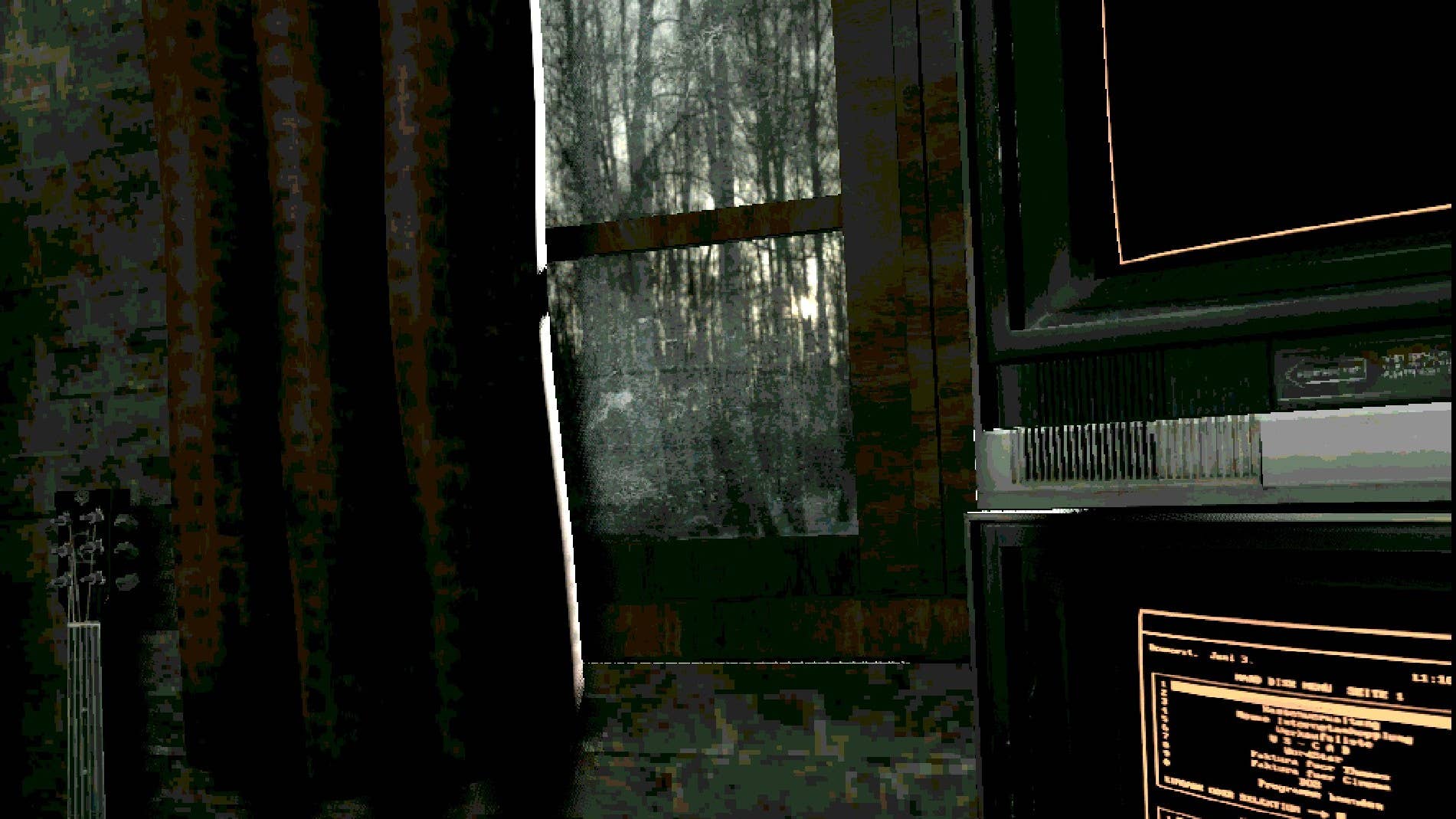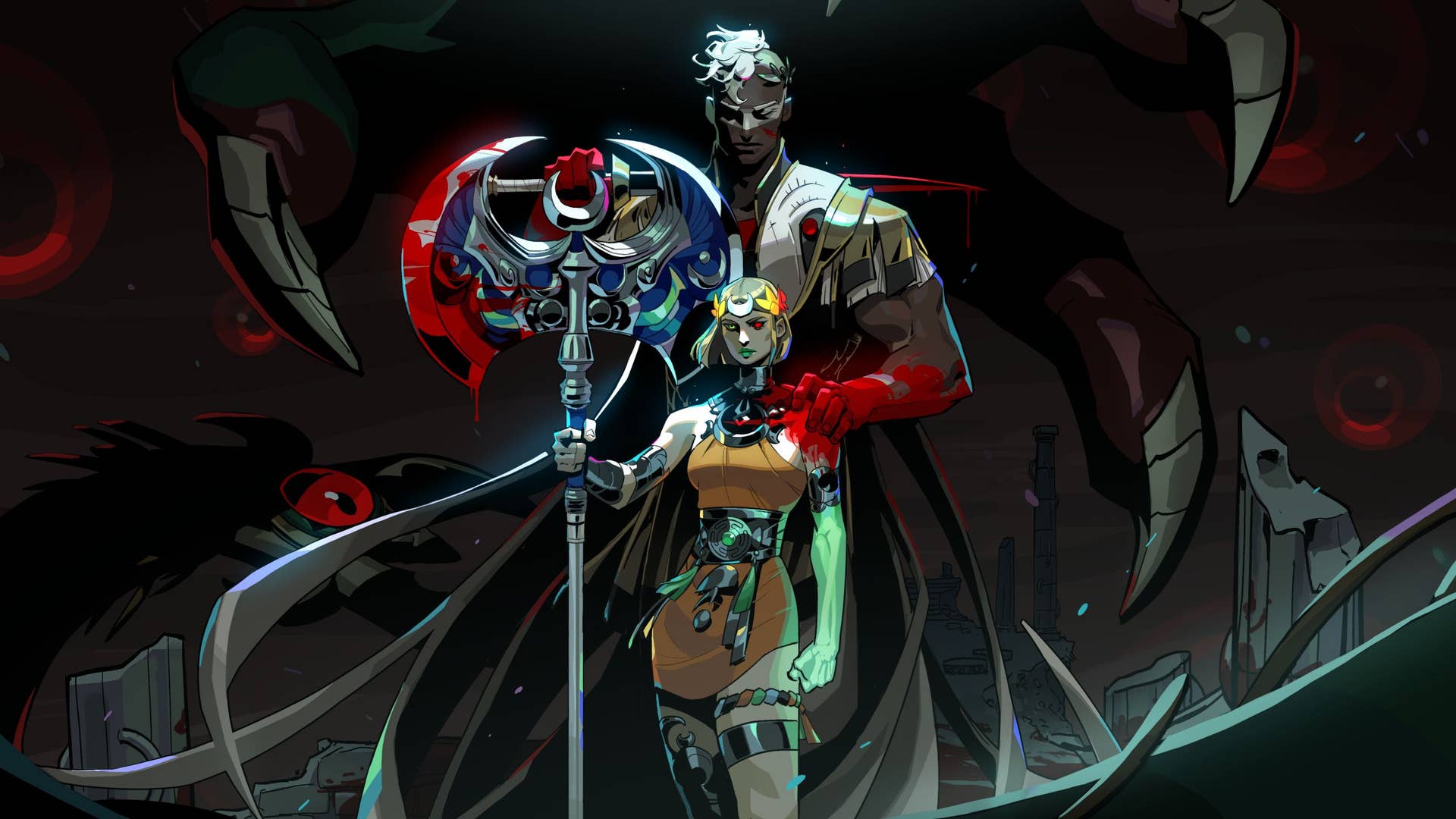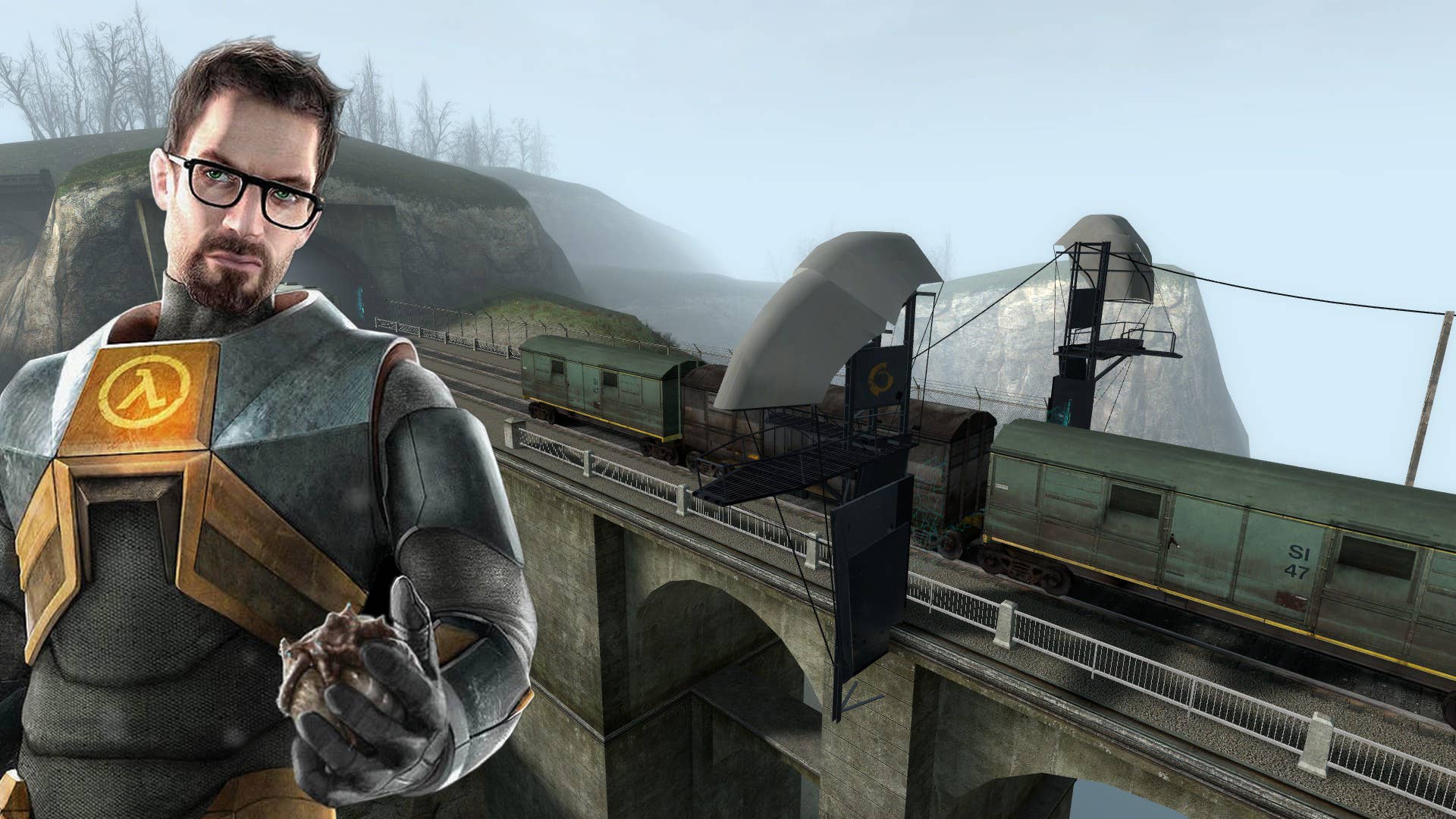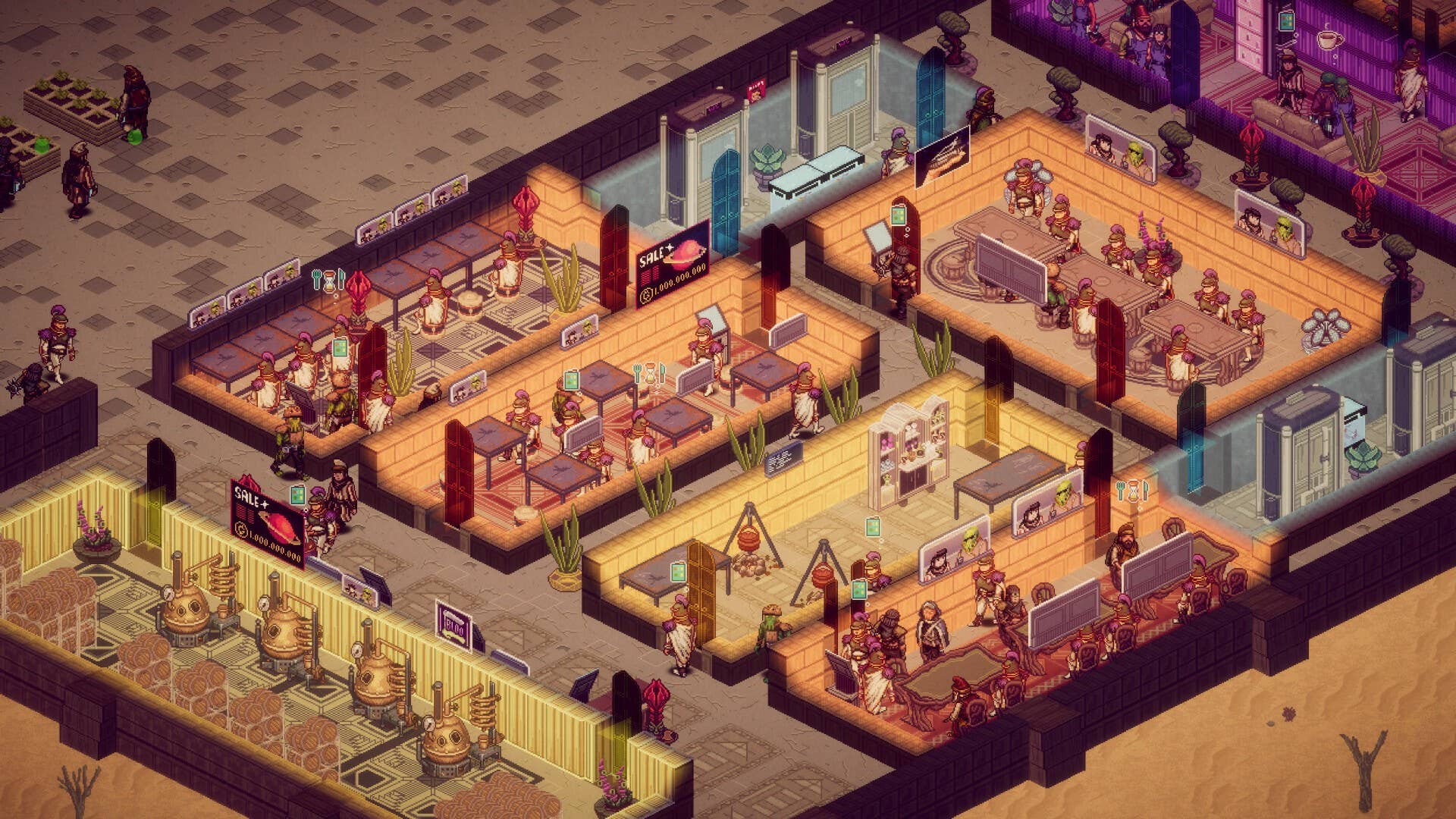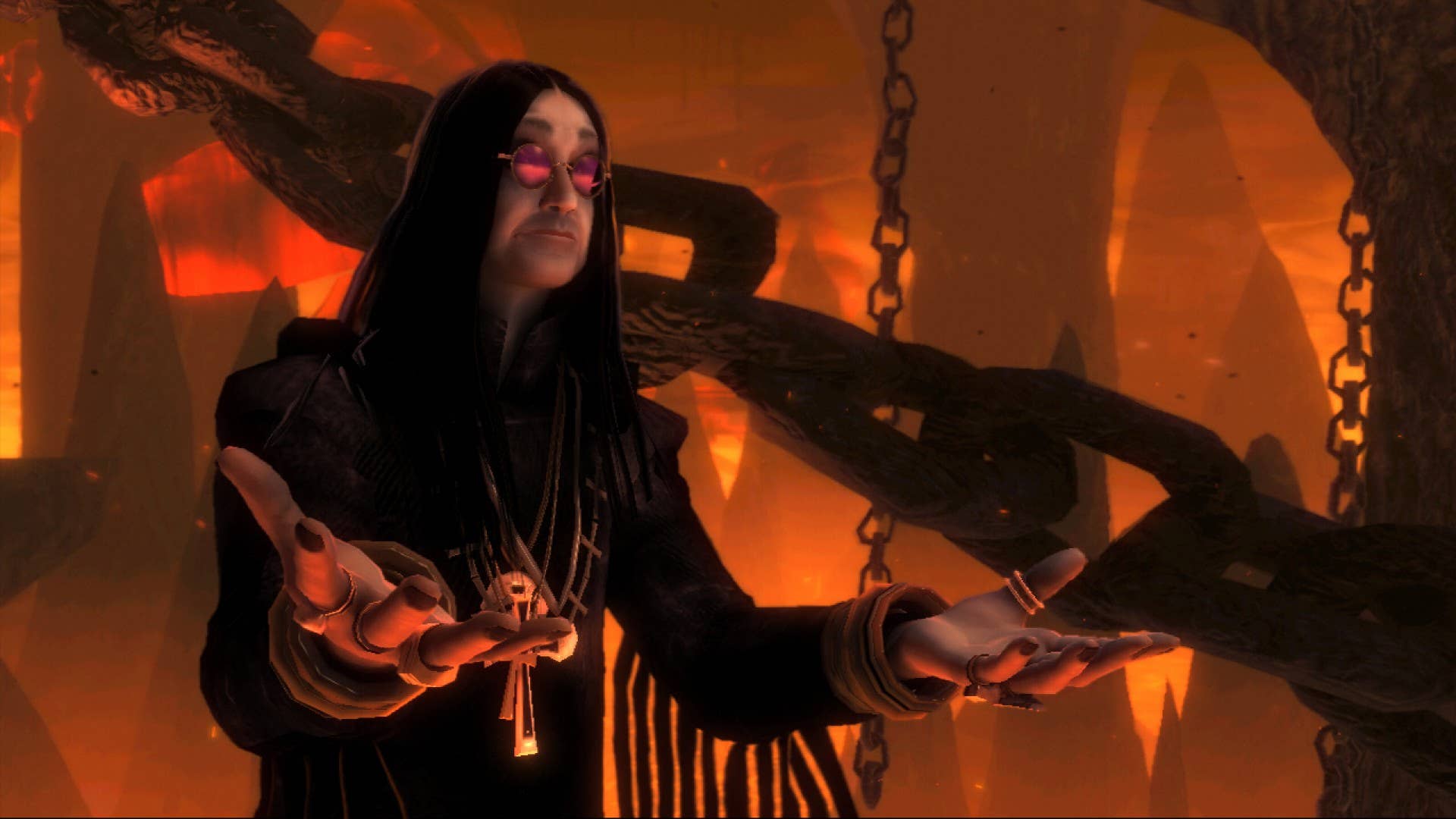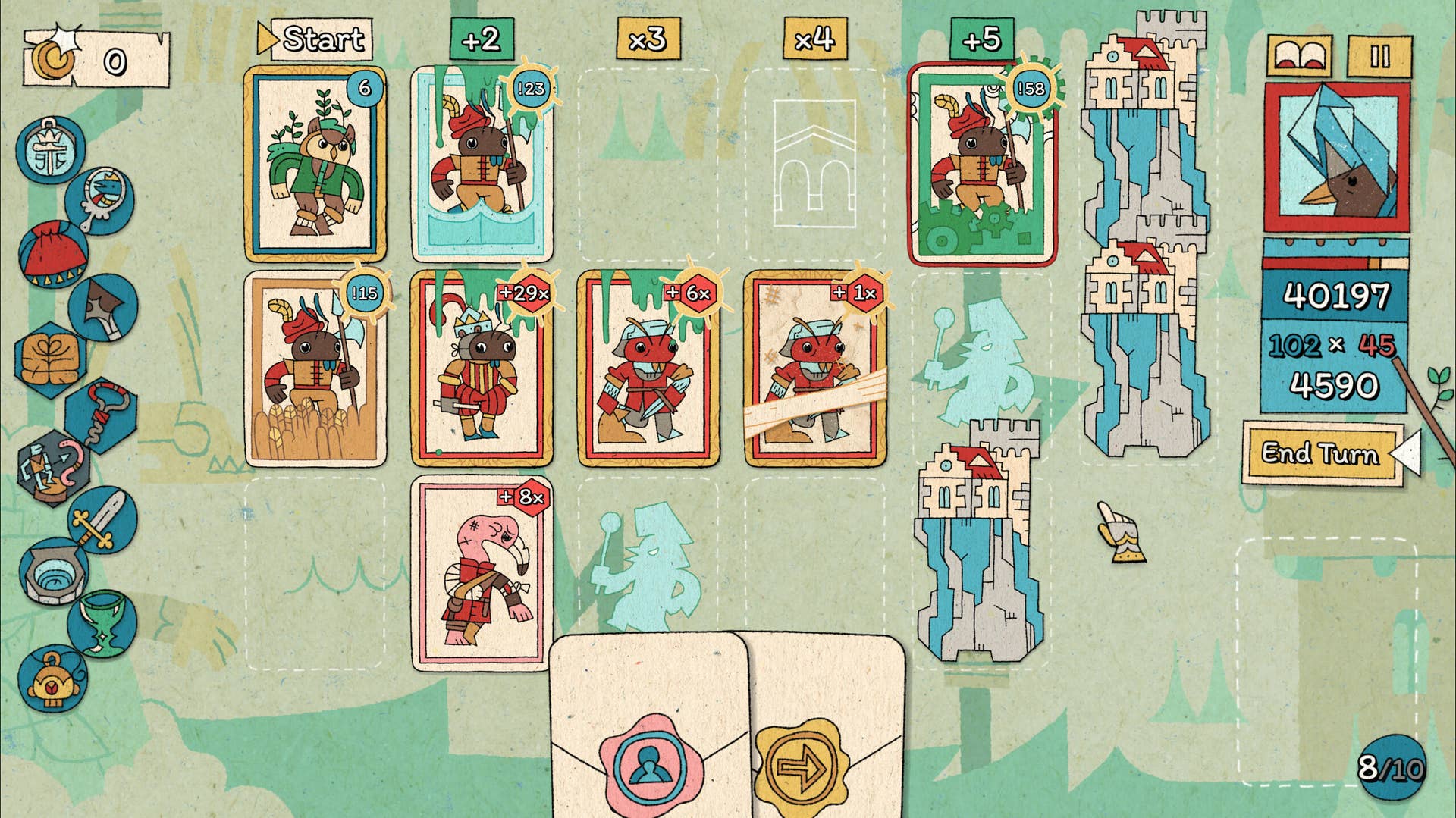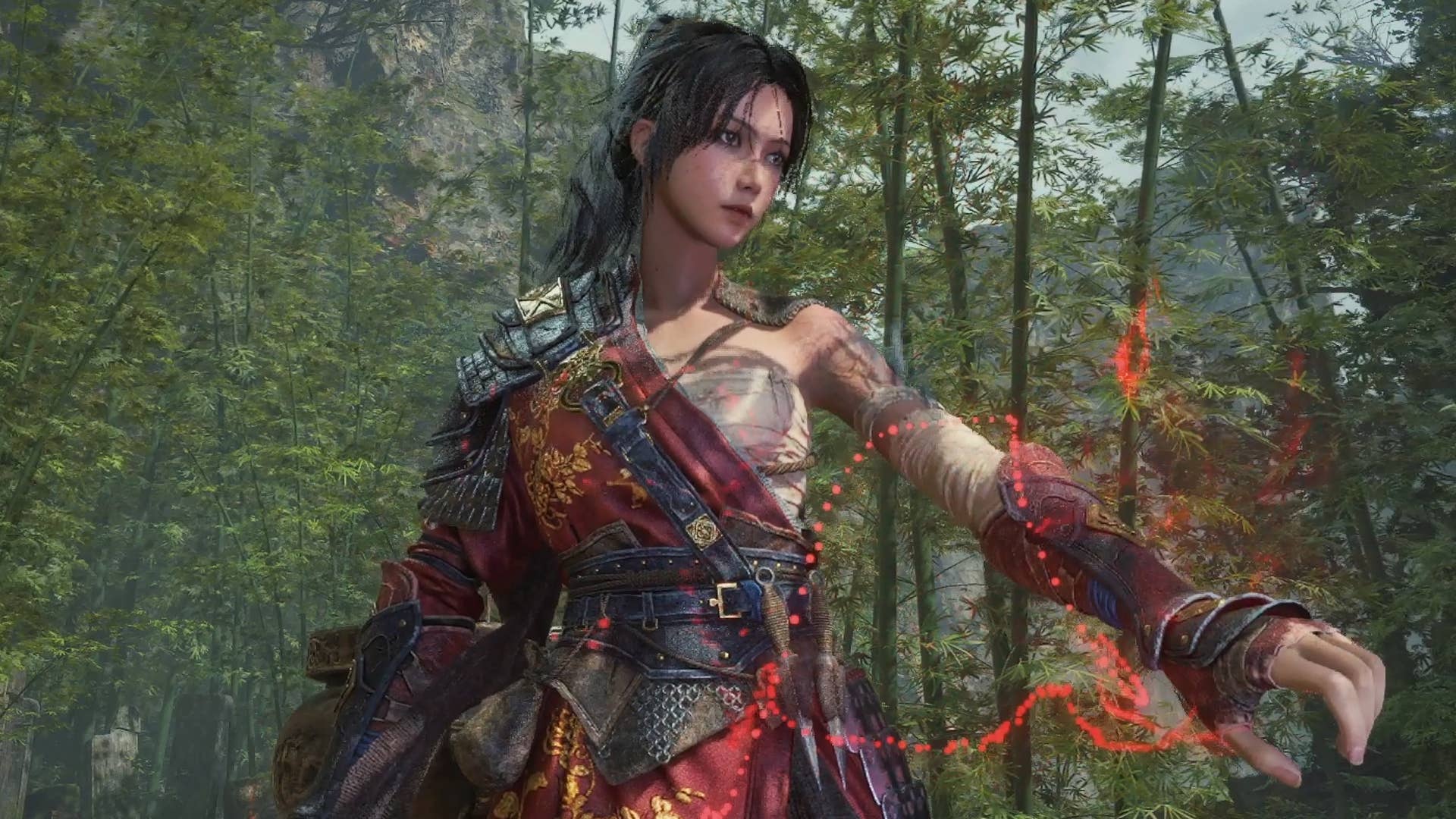
I promise this isn’t a “gAmErS aRe MaD” story – there’s actual testing and advice and stuff here, honest – but it must begin that way, as I wouldn’t have guessed that birdlike soulslike Wuchang: Fallen Feathers would launch with PC performance issues without a cacophony of (currently ‘Mostly Negative’) Steam reviews saying so. Not after those easygoing system requirements, surely?
Surely yes, it turns out, though maybe not to the extent that a page of 7,000 thumbs-down symbols might suggest. It’s not good. It runs slowly on max settings. There’s stuttering. DLSS 4 frame generation is either broken, or implemented in a uniquely vexing way. But you can smooth things out considerably with a few choice settings adjustments, including on lower-end graphics cards.

